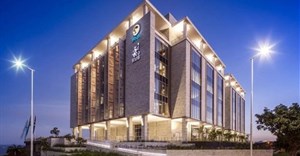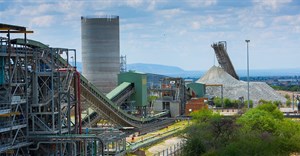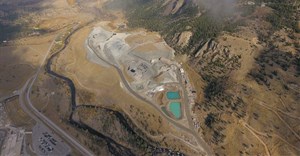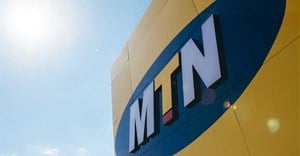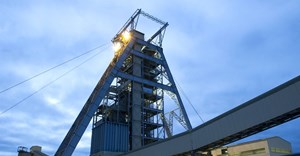Trending
Elections 2024
Jobs
- Front Counter Assistant Johannesburg
- Temp Administrator George
- Store Manager Port Elizabeth
- Store Manager George
- Branch Administrator Cape Town
- Financial Manager Vereeniging
- Retail Executive Mbombela
- Retail Promoter Mbombela
- Retail Promotional Agent Mbombela
- Store Leader Durban
Jacobs Capital buys leading workwear manufacturer
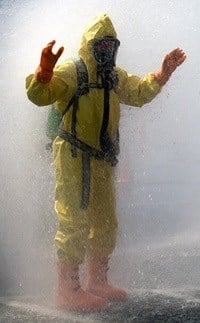
Wessel Jacobs, chief executive of Jacobs Capital, said that the deal, which will soon become fully implemented once all approvals are in place, provided an important opportunity to invest in a company that had not only survived the drastic decline of South Africa's clothing and textile sector since the nineties but had also grown its market share both locally and abroad.
Over the past three years, sales have grown by an average of 11 percent and MB Workwear is on a strong drive to not only increase sales and market share locally but also to establish and grow key niche markets in Africa, Europe and the Middle East.
Servicing highly specialised niche markets
"We see a lot of future value coming from the increased profile of safety across all segments of industry driven by legislation, the effects of the Local Procurement Act and the drive towards innovation within the company itself. As a South African shareholder that understands the local business climate, we believe that we can both create and cement strong and lasting relationships with our customers," he said.
Both locally and abroad, the workwear market is an extremely competitive one that is often flooded with large quantities of low-quality cheap garments due to the low barriers to entry. MB Workwear's strength is its ability to service highly specialised niche markets in heavy industry.
"The MB Workwear team has successfully run a profitable business under difficult market conditions, showing that they have the trade knowledge and business acumen required to continue to see the business trade profitably into the future," said Jacobs.
Excellence and innovation
MB Workwear, as it is known today, was formed in 2005 through the merger of Marburg Manufacturers which had been established in the 1960s and Beslin Workwear, which was set up during the 1980s. Today, it employs more than 950 people and utilises over 350,000m of fabric to produce in excess of 200,000 garments per month for customers across a wide spectrum of industries including mining, foundry, steel, oil, gas and petroleum and chemicals.
Director, Leon Raubenheimer, explained that MB Workwear specialises in protective work wear and is known for excellence and innovation, particularly when developing specialised fabrics and fabric treatments for garments. These include its exclusive ZeroFlame® range of fabrics developed specifically for protection against fire and molten metal drip or splash. The company is also internationally accredited to manufacture protective garments from Vinex fabric developed specifically for the aluminium industry and DuPont'sTM Nomex® fabrics that offer inherently flame retardant properties.
He said the company was constantly working with suppliers and other partners on innovation relating to both the garment manufacturing process and the fabrics used. An example of a current project is a joint venture with Gelvenor Textiles to manufacture coveralls produced from a specialised fire retardant fabric for both local and international markets such as the Middle East.
Established markets
"MB Workwear is able to produce protective clothing that is rated amongst the best not just in South Africa but across the globe. Our commitment to quality has helped us to form longstanding relationships in the gold, platinum, coal and diamond mining industries as well as with parastatals such as Eskom and leaders in OGP such as Sasol, Engen, Chevron, Shell, BP, Total and Mossgas" he said.
MB Workwear has been exporting for over 13 years. Established markets include Namibia, the UK, Norway, Zambia, Ghana, Mozambique, Angola and the United Arab Emirates.
Investment in automation and new plant has created capacity for growth. Raubenheimer expects to make inroads into the local market due to increasingly stringent safety regulations stipulated in the Occupational Health and Safety Act and the requirements for internationally recognised ISO certification.
When it comes to exports, he believes that the company's quality, innovation and ability to specialise in specific sectors and niche markets will put it on a strong growth curve. The weakening of the rand is also likely to make MB Workwear a competitive player internationally.
Overall, he says the company's good future prospects and renewed energy come on the back of a change in ownership and the implementation of strategic improvement projects to enhance the overall performance of the company both offshore and closer to home.











